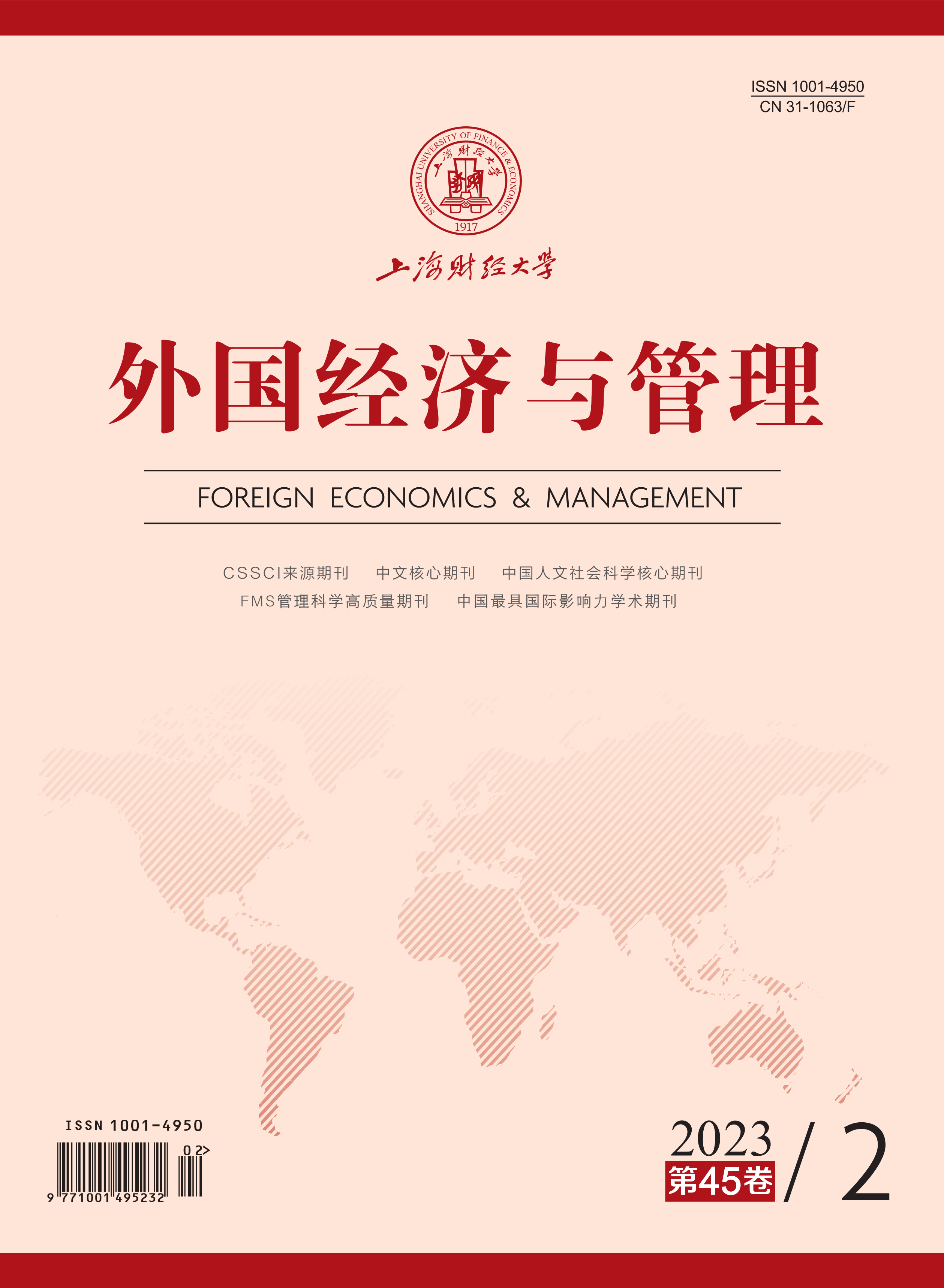Abnormal stock trading halts occur frequently in the Chinese stock market. The proportion of listed companies with trading halts and the duration of trading halts are much more than those of foreign mature capital markets. This phenomenon hinders the healthy development of Chinese capital market, damages the interests of external investors, and also negatively affects the internationalization of A-shares. Therefore, it is of great practical significance to explore the governance mechanism of abnormal stock trading halts of listed companies. Previous literature finds that institutional investors can affect the trading halts decisions of enterprises. However, to the best of our knowledge, there is no study to explore the governance mechanism of abnormal stock trading halts from the perspective of special institutional investors – “national team” ownership. Compared with general institutional investors, “national team” ownership has significant differences in background attributes, shareholding objectives and market concerns, and its shareholding effect is difficult to be replaced by general institutional investors. As a result, using a sample of Chinese A-share listed companies in Shanghai and Shenzhen stock exchanges from 2015 to 2020, this paper empirically studies the impact of “national team” ownership on corporate abnormal stock trading halts and its mechanism.
This paper finds that “national team” ownership significantly inhibits corporate abnormal stock trading halts, which is reflected in the lower probability, fewer frequency and shorter duration of abnormal stock trading halts of listed companies. The mechanism test shows that “national team” ownership suppresses the abnormal stock trading halts of enterprises by improving the information environment and alleviating the agency problem. Further analyses indicate that the impact of “national team” ownership on abnormal stock trading halts is more significant when its holding period gets longer. Considering the types of the “national team”, China Securities Finance Corporation, Central Huijin Investment Corporation, Asset Management Plan of China Securities Finance Corporation, the Market Rescue Fund and the investment platforms wholly owned by the State Administration of Foreign Exchange all have a significant inhibitory effect on abnormal stock trading halts. In addition, the heterogeneity test also finds that the inhibitory effect of “national team” ownership on abnormal stock trading halts is more pronounced in enterprises in regions with a higher degree of marketization and non-state-owned enterprises. The above results suggest that “national team” ownership has a stronger impact on insiders’ manipulation of trading halts in private enterprises. Meanwhile, the high degree of marketization plays an important role in ensuring the governance effect of the “national team”.
This paper provides new empirical evidence for the governance role of “national team” ownership in the management and decision-making of micro-enterprises. Theoretically, it expands the relevant research on the economic consequences of “national team” ownership and the governance mechanism of abnormal stock trading halts of listed companies. Practically, it provides implications for improving the trading halt system and the high-quality development of listed companies in the Chinese stock market. In detail, firstly, this paper provides empirical evidence for regulators to systematically evaluate the long-term governance effect of “national team” investors. Secondly, this paper provides policy implications for effectively preventing and governing the abnormal stock trading halts of listed companies. Thirdly, this paper provides a basis for creating a good market environment for long-term institutional investors, represented by the “national team”, to perform a good governance role.





 5975
5975  3435
3435

